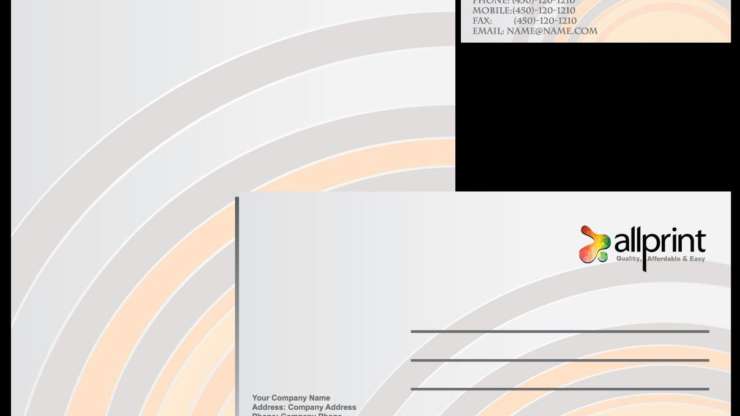Choosing Paper Stock for your Print Job
Choosing Paper Stock for your Print Job. The right paper for printing is key to achieving a professional look and feel—whether it’s for business cards, brochures, booklets, or packaging. The type, weight, finish, and purpose all play a role in your decision.
Types of Paper
Paper Type Description Best For
Bond Basic, lightweight office paper (80–100 gsm) Everyday printing
Coated Has a smooth finish (glossy or matte) for sharper images Brochures, flyers, photos
Uncoated Natural texture, absorbs ink well Letterheads, forms, book interiors
Cardstock Thick and stiff (200–400 gsm) Business cards, covers, postcards
Recycled Eco-friendly, may have a rougher texture Sustainable branding
Textured Linen, laid, or felt finishes for a unique feel Invitations, luxury branding
Paper Weight (GSM)
GSM = grams per square meter → indicates thickness
70–100 gsm: Standard printer paper
120–170 gsm: High-quality flyers or posters
200–300 gsm: Thick paper for premium brochures or light cards
300–400+ gsm: Very thick – used for business cards, packaging, and covers
Paper Finishes
Finish Look & Feel Best For
Glossy Shiny, vibrant, smooth Photos, brochures, flyers
Matte Flat, non-reflective Elegant print, readability
Silk/Satin Between gloss and matte Professional brochures
Textured Adds depth and luxury Invitations, certificates
Choosing Based on Use
Purpose Recommended Paper
Business Cards 300–400 gsm matte or glossy cardstock
Booklets (A5) 130–170 gsm inner pages; 250+ gsm cover
Flyers/Posters 130–170 gsm glossy or silk
Letterhead 90–120 gsm uncoated or linen
Brochures (DL) 150–200 gsm coated with fold support
Packaging 350–450 gsm, possibly laminated
Resumes/CVs 100–120 gsm, uncoated for a professional touch
Pro Tips
Ask your printer for samples to feel the difference.
For folding items, avoid overly thick paper unless scored.
Coated paper is better for full-color graphics.
Uncoated or matte is better for text-heavy or writable documents.
Would you like a recommendation based on a specific project you’re printing (e.g., a brochure, booklet, or business card)?

